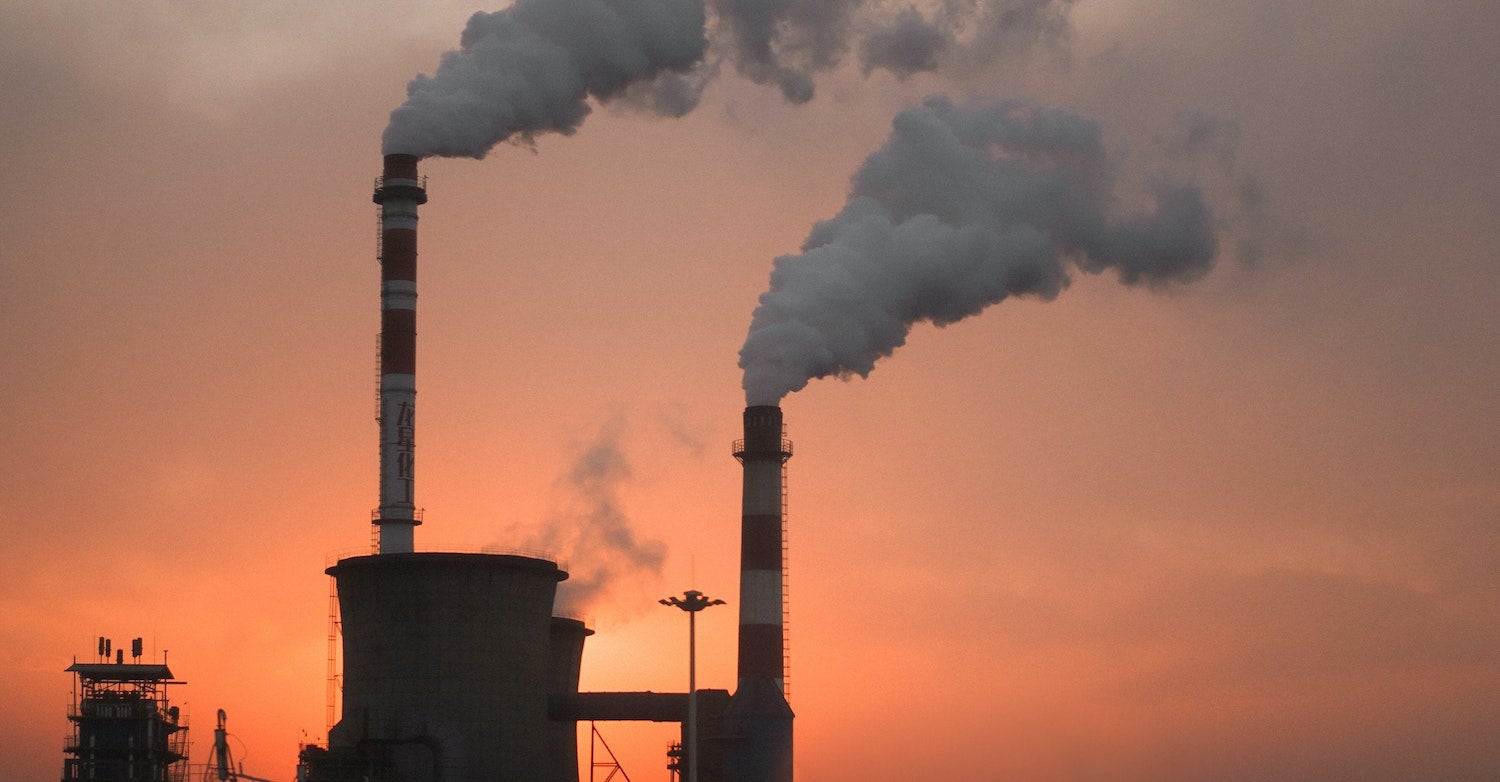February 18, 2021
An international group of scientists is proposing a global intergovernmental science-policy body for informing policymakers and the public on chemicals and waste. In a paper published today in Science, the group explains how limited and fragmented science-policy interaction in current international governance of chemicals has contributed to widespread health and environmental harm.
“Persistent organic chemicals, heavy metals and plastic waste do not respect national boundaries, so we need an international approach to better assess, regulate and reduce chemical pollution,” said co-author Rainer Lohmann, Professor of Oceanography at the University of Rhode Island Graduate School of Oceanography, and also Director of the URI Superfund Research Center on per- and polyfluorinated alkyl substances (STEEP).
Exposure to a small fraction of the over 100,000 chemicals in use has been estimated to have contributed to over 1.3 million premature deaths in 2017. The chemicals harmful to humans and the environment include those that keep our rain jackets water repellent but can cause cancer, pesticides that keep farmland clear of weeds and pests but contribute to killing bees, and metals from our waste digital devices and electric car batteries that can harm vulnerable e-waste workers and their families. Although pollution of the environment and humans is global, international policy makers do not have a global mechanism to obtain and share up-to-date scientific evidence on a regular basis, limiting their ability to identify and address these issues in a timely manner.
Lohmann and his colleagues at STEEP have started to parse out environmental and human health impacts of one such group of harmful chemicals called PFAS—poly- and perfluoroalkyl substances—as well as identify the diverse sources of human exposure to the chemicals across the U.S and elsewhere. “The fluorinated chemicals are a prime example of chemicals that must be addressed globally, given their persistence, global presence and documented adverse effects on humans and the environment,” said Lohmann.
With the increasing amount and variety of chemicals in use, such harms will likely multiply. Global chemical sales reached over US$5.6 trillion in 2017 and are projected to almost double by 2030. Similar trends are also true for waste generation—the amount of plastic waste entering the ocean in 2025 is projected to be 10 times higher than in 2010.
“We need international oversight to address issues that transcend borders, such as heavy metals, persistent organic pollutants, and plastic wastes,” said lead author Zhanyun Wang, a Senior Scientist at the ETH Zürich in Switzerland. “This is critical for developed and developing countries, where developing countries are the world’s dumping grounds for toxics.”

